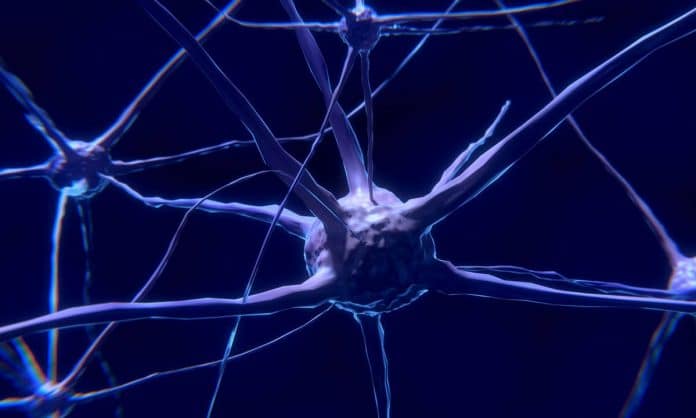Martha Stewart, the 78-year-old entrepreneur who built a wildly successful media empire and lifestyle brand, turned her attention last year to cannabis. Stewart is now working with Canadian company Canopy Growth to develop a line of CBD products for pets.
That partnership is expected to bear fruit by September when Canopy Growth plans to launch a line of CBD products for pets designed with Stewart as a consultant. The project with Stewart is part of a wave of new products from Canopy Growth, including a host of cannabis-infused beverages such as Tweed Houndstooth & Soda and Tweed Bakerstreet & Ginger.
But the CBD for pets venture could rank among the company's biggest endeavors yet. Stewart still commands a massive audience as a household name, with about 7.3 million readers of her publication Martha Stewart Living. Her fans are 90 percent women with an average age of 55 and a median household income of $82,175. That’s a powerful demographic.
Stewart’s friendship with Snoop Dogg brought her to cannabis.
Stewart’s move into cannabis was not entirely unexpected. She has championed CBD on her website and is now friends with cannabis aficionado and businessman Snoop Dogg, who also has partnered with Canopy Growth, as have other celebrities. He owns the cannabis publication Merry Jane and also has his own line of products, Leafs by Snoop.
Stewart and Snoop work on the show “Martha & Snoop’s Potluck Dinner Party” for VH-1. Her co-star’s use of cannabis is legendary, but Stewart said it never bothered her. “I'm quite egalitarian and liberal when it comes to stuff like that," Stewart told the Hollywood Reporter.









